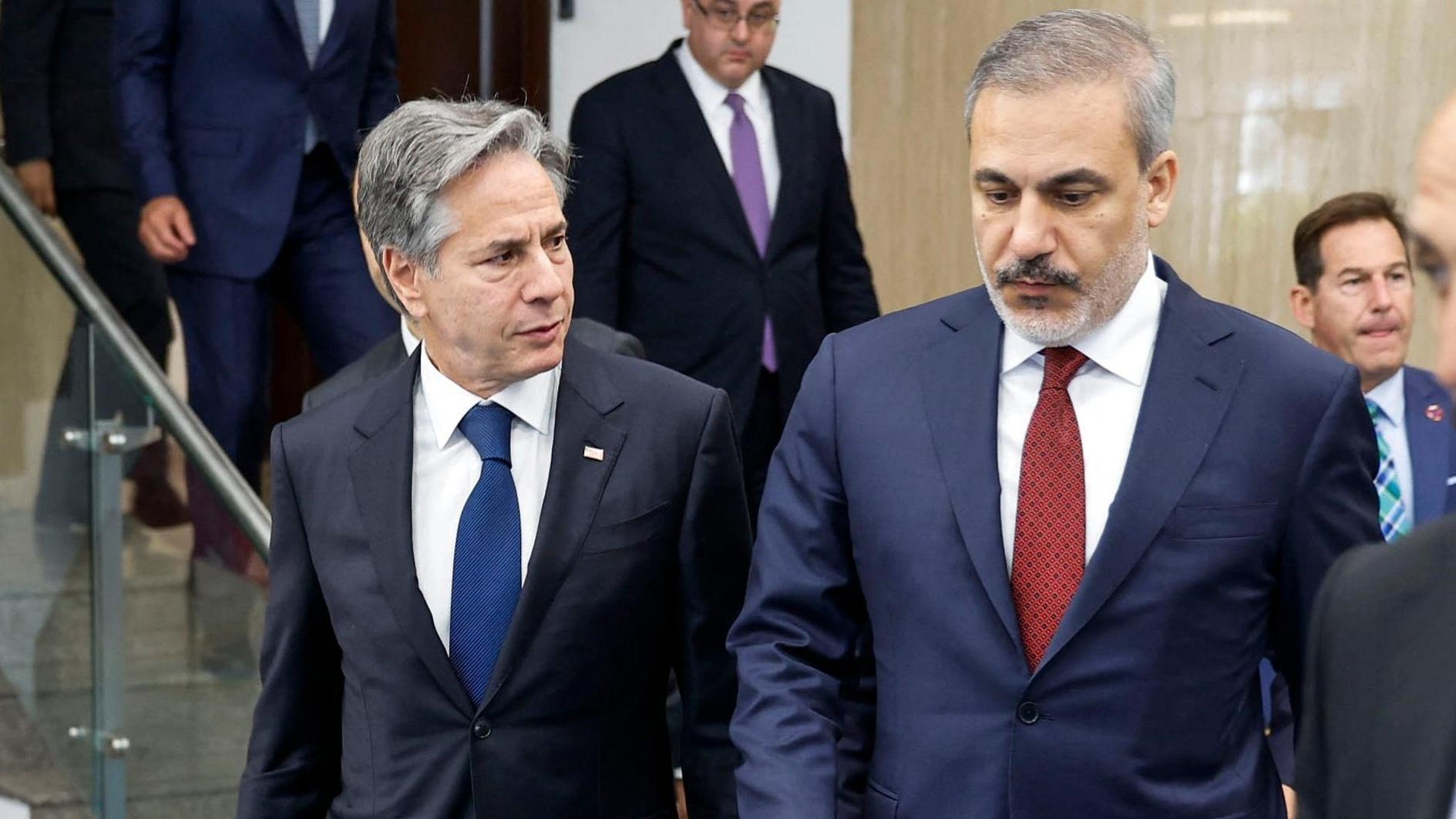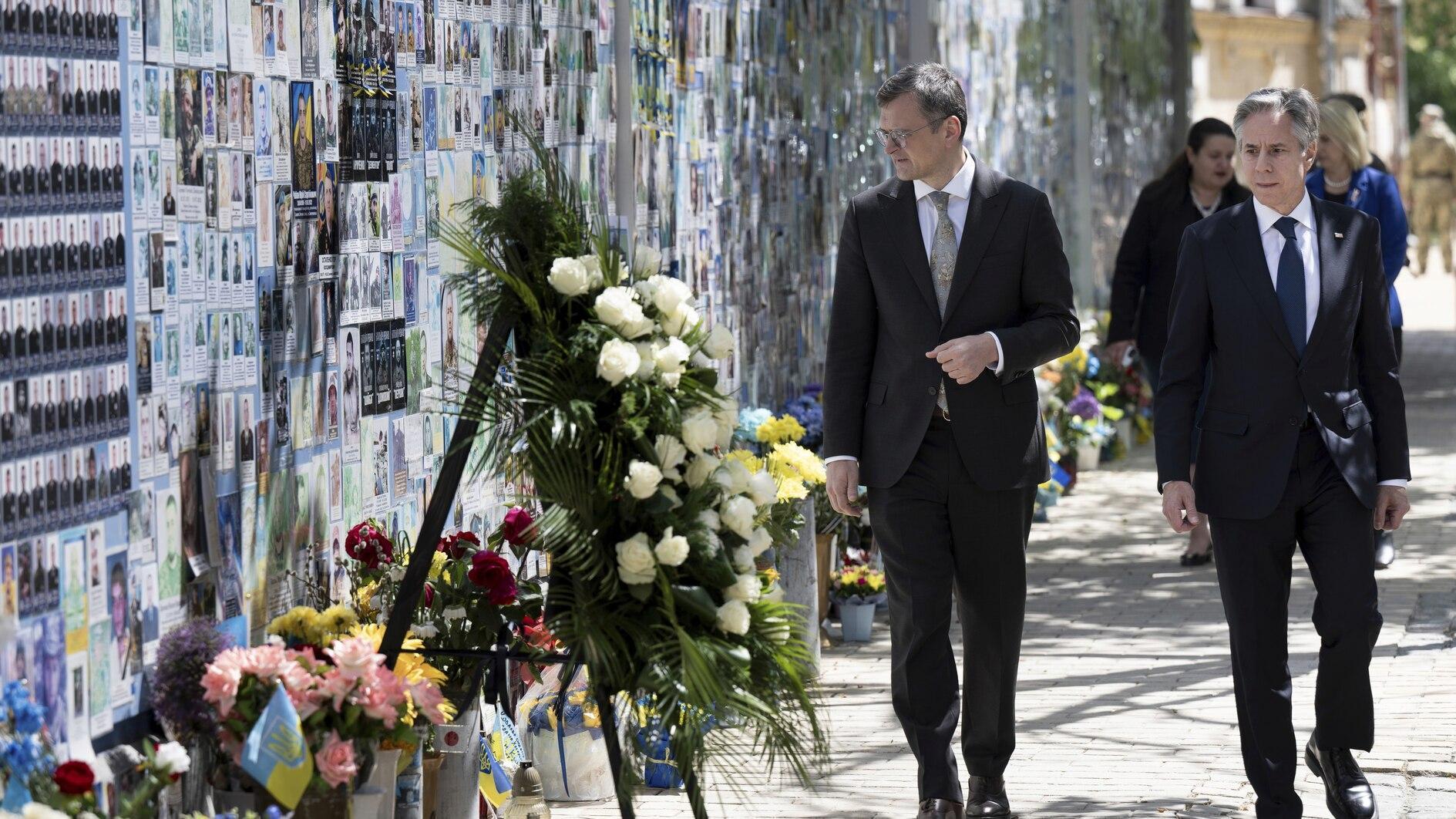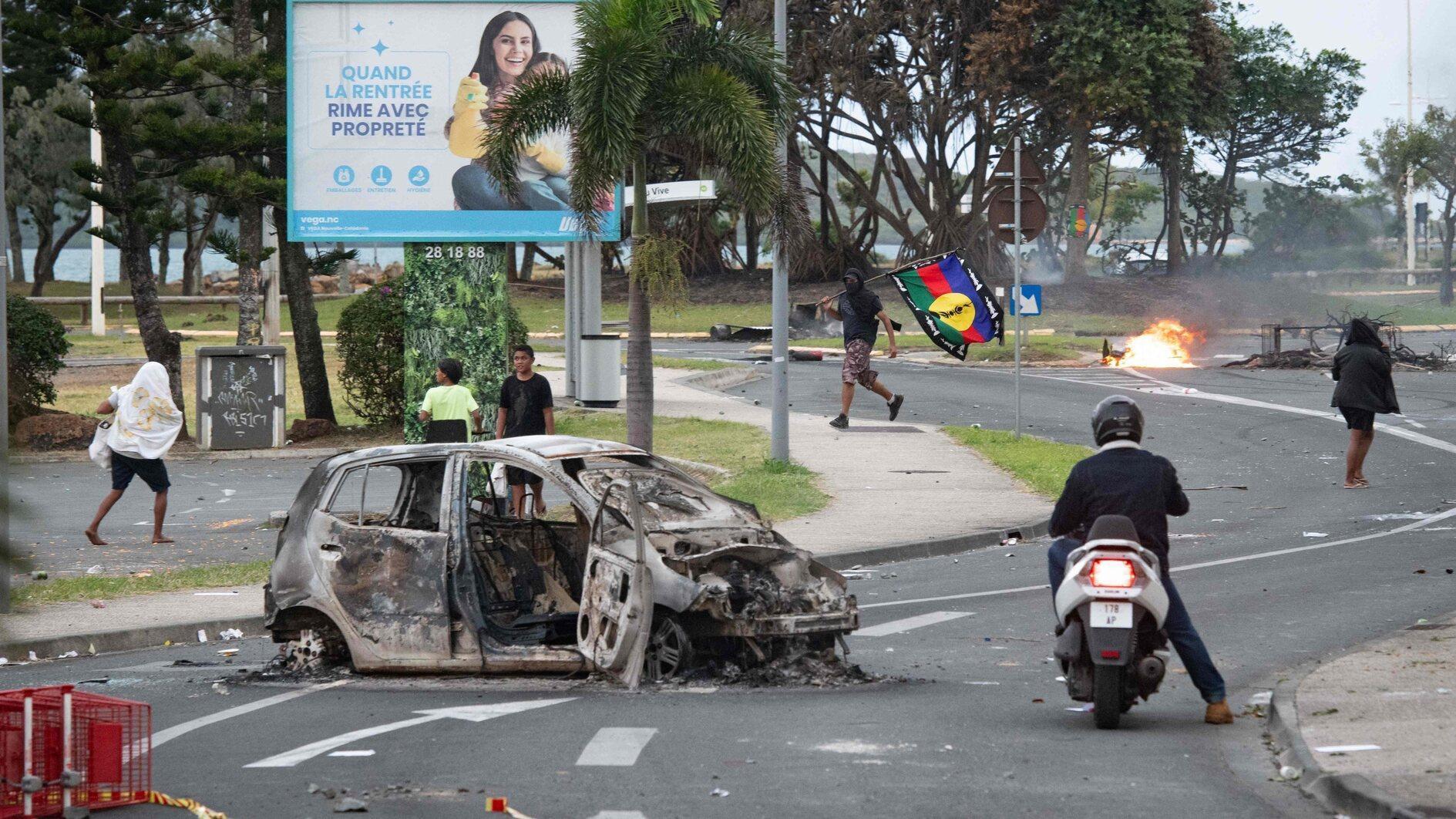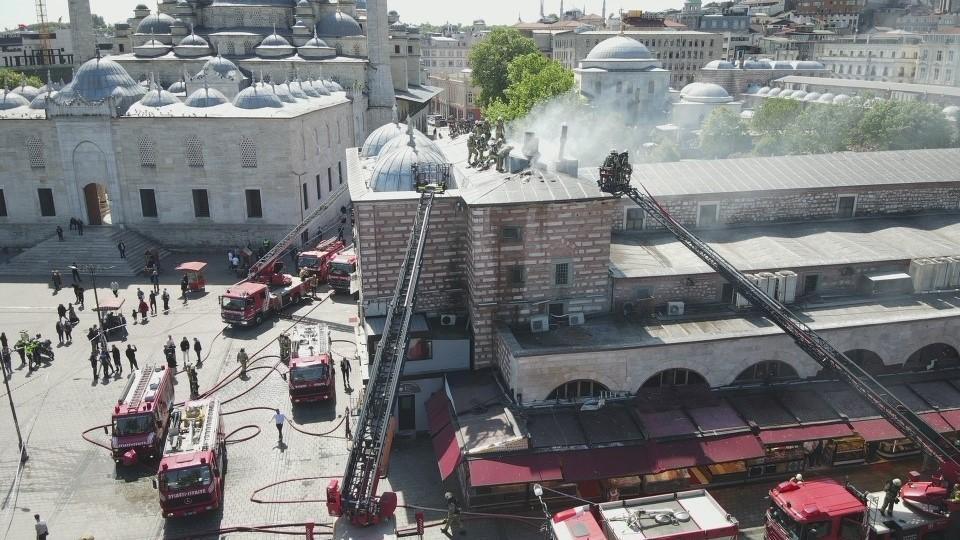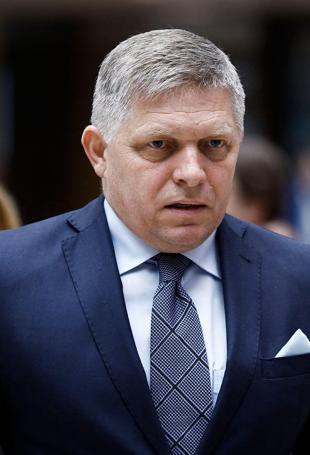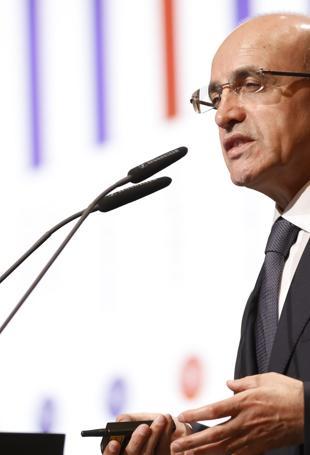A critical week for Turkey’s graft crisis
Turkish Parliament had a tense weekend session over a government proposal to have more control over the judiciary.
At first glance it is a typical East European, East Asian jostling between the government and opposition members of parliament during the debates of a draft law. But it is not as simple this time. It involves a serious crisis between Prime Minister Tayyip Erdoğan’s administration and judiciary, between Erdoğan and his once close ally Fethullah Gülen, a U.S.-resident moderate Islamist scholar and his sympathizers in judiciary and bureaucracy, all triggered by a major graft probe, the biggest ever in Turkey, which caused Erdoğan to sack four of his ministers from the cabinet so far. So, in a way, it is the extension of the graft probe in the Parliament.
The draft to change the law on the Supreme Board of Judges and Prosecutors (HSYK) was prepared upon PM Erdoğan’s request from Justice Minister Bekir Bozdağ, following the Board’s resistance to a government decree telling that prosecutors should inform the administration before starting a probe.
That was closely related with the fact that the son of the former interior minister (among those who lost their seats) was also arrested, despite the fact that his father was in charge of the police force. His father did not know about the arrest of his son, which is something normal in a Western country, but made Erdoğan furious, who took the probe to be something equal to a coup attempt against himself.
The Council of State nixed the decree for being “unconstitutional’” anyway, but Erdoğan started to pick out presumably Gülen sympathizers within the police and bureaucracy, whom he described as being members of a “parallel” or hidden structure within the government’s. And the draft to change the HSYK law came afterwards, in a supplementary move to get better administration control over the judiciary.
Two opposition parties, the main opposition Republican People’s Party (CHP) and National Movement Party (MHP) stand against the law and ask government to withdraw it. (The Kurdish problem focused Peace and Democracy Party (BDP) keeps a low profile on the issue, believing that a weakened Justice and Development Party (AK Parti) government could mean further delay in the dialogue process between the government and the outlawed Kurdistan Workers’ Party (PKK) for a political settlement to the Kurdish problem.)
President Abdullah Gül, on the other hand is carrying out behind-the-doors contacts in order to put out the fire in Ankara. He has been talking to the Justice and Interior Ministers, the Deputy Prime Minister also in charge of the Kurdish issue, the Speaker of the Parliament, the head of the Turkish Bars Union, the head of National Intelligence (MİT) and the former head of the CHP over the last couple of days.
Will he talk to PM Erdoğan on the issue before their weekly Thursday meeting? Or if the Parliament will approve the government’s draft with AK Parti domination, will Gül approve it as it is? Will he send it to the Constitutional Court?
Erdoğan tells the opposition that they could go to the Constitutional Court in order to annul the new HSYK law. But the time in between, the political observers in Ankara told HDN, would be enough for the government to appoint new names for many judicial positions, since the draft suggests that all decisions made by the HSYK so far will be cancelled automatically once it’s approved.



